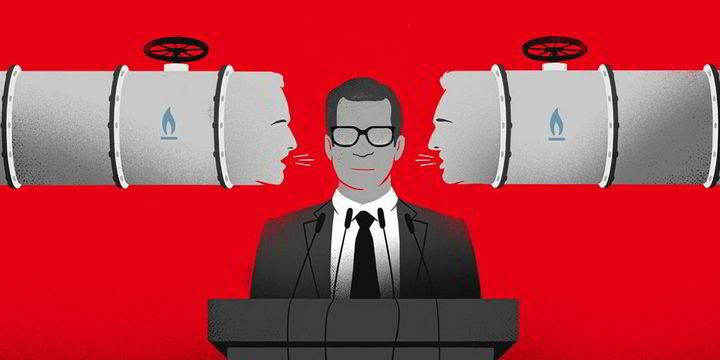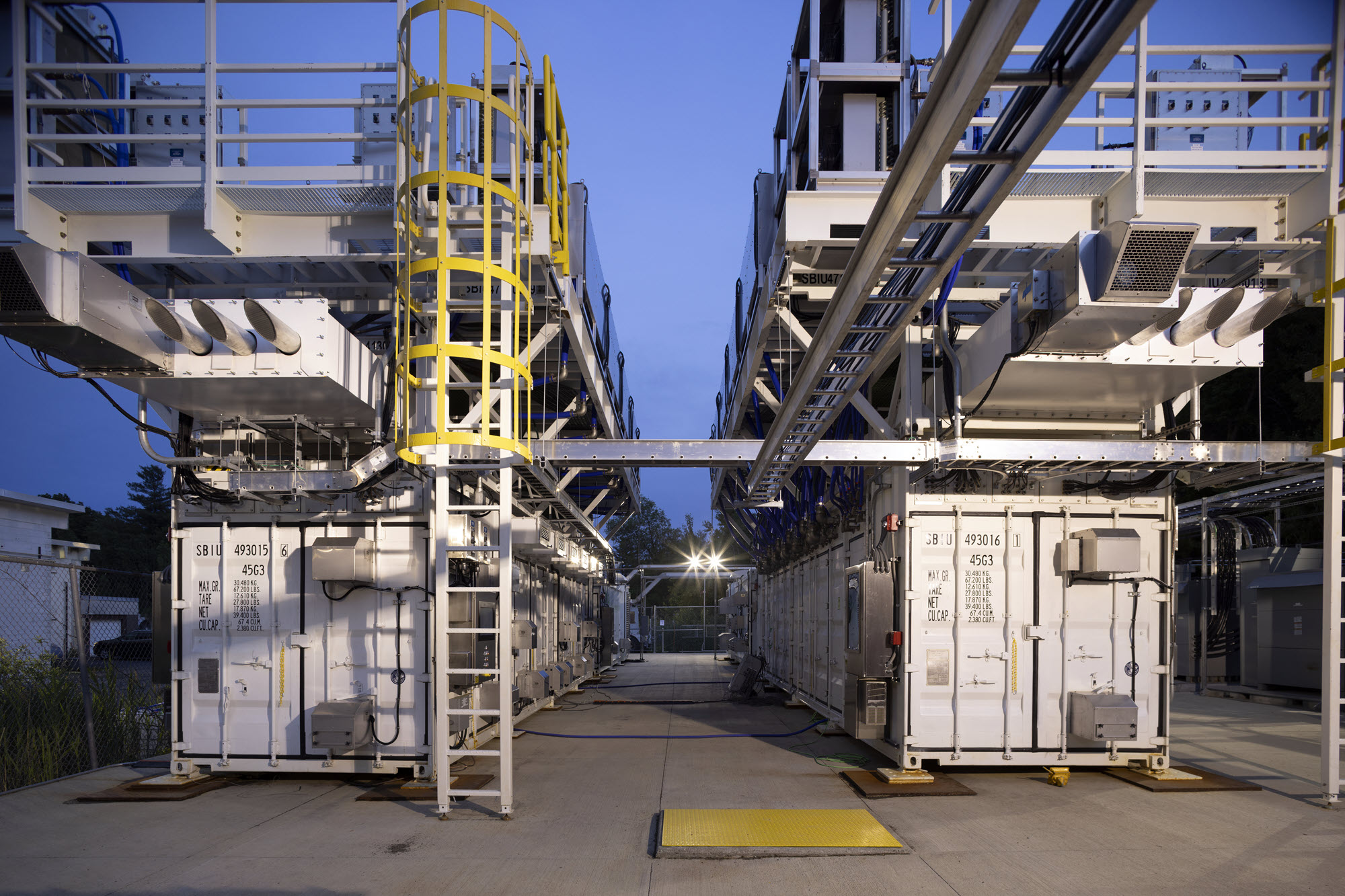nwdiver
Well-Known Member
I suppose that from an accounting perspective it may be more correct to say that the cost is spread out over the lifetime of the system and with time your cost per kWH decreases.
That's what I mean by 'semantics'. IMHO it's a bit odd to think that the 40kWh I get today made the energy I got 9 years ago cheaper. Not saying the accounting perspective is wrong... just that there's more than one legitimate way to view it...
Then even from an accounting perspective there is an assumed useful life that is often conservative. If the useful life is 20 years what's the cost of energy produced in year 21?














